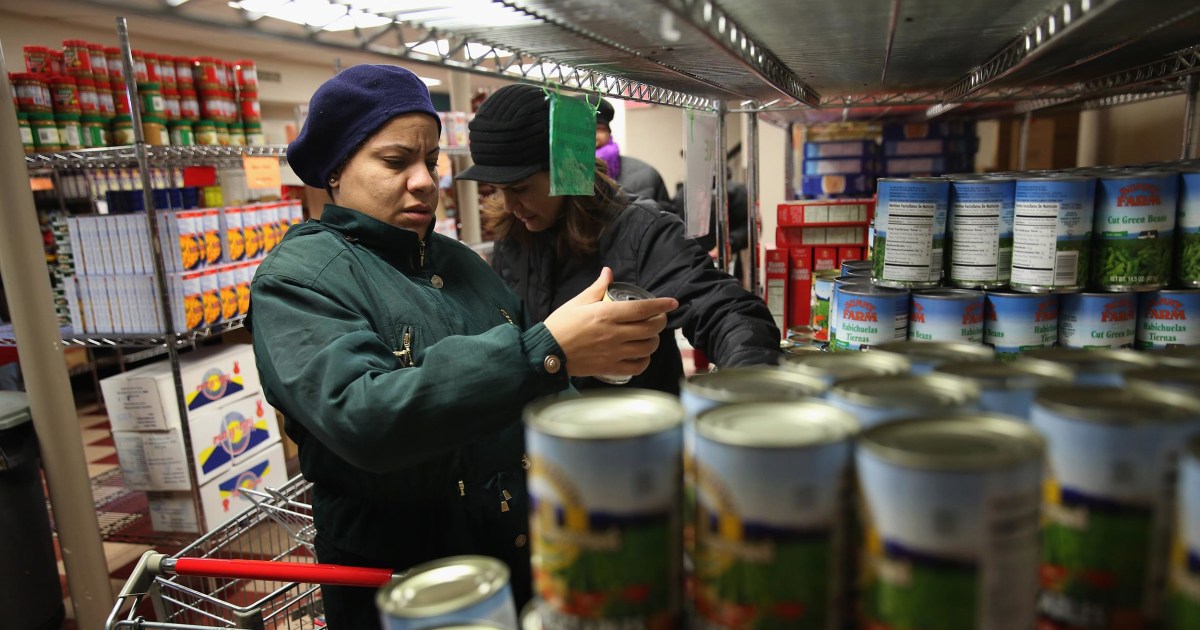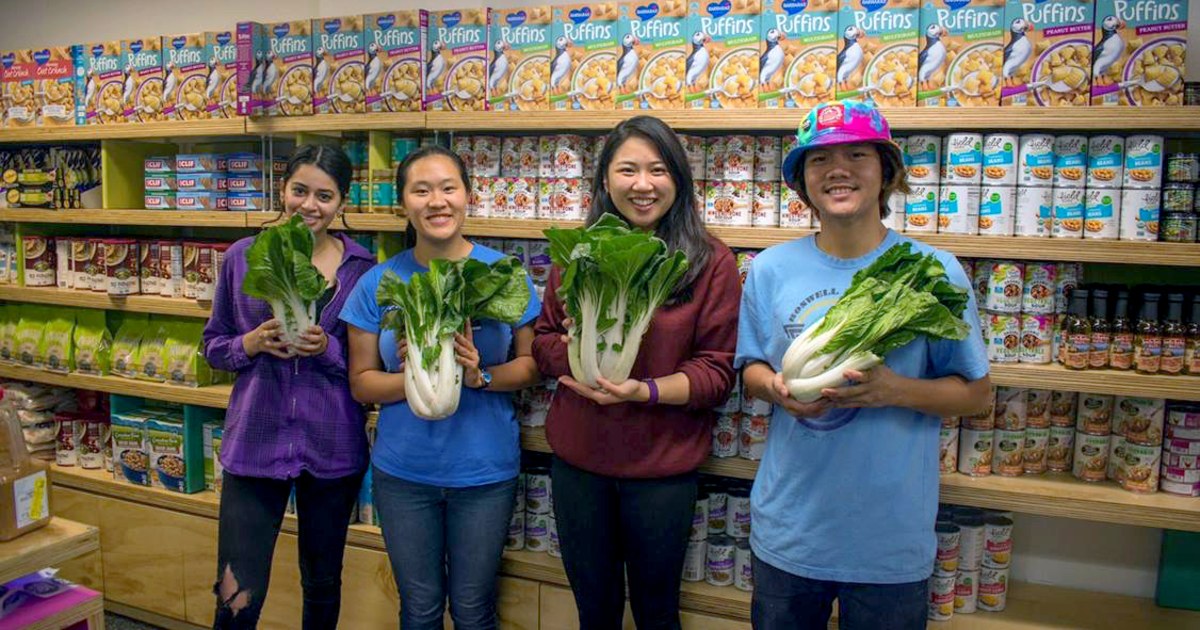The Labor Department’s report was much stronger than the one last month, helped in part by the end of a General Motors strike.
A decade-old legal fight shapes a mayoral race and offers the Supreme Court a chance to weigh in.
A new study shows housing assistance had a significant impact on health care use by children, but not by adults.
The Agriculture Department gave its final approval to the first of three rules that are ultimately expected to cut more than three million from the food stamp rolls.
“SNAP is related to hunger and getting people the nutrition they need,” one food bank representative said. “Food shouldn’t be a luxury.”
“We are trying to reduce the stigma. It’s OK to get some help, to get some assistance,” said Reniel Del Rosario from Berkeley.
The poll also discovered that “only the wealthiest and most conservative Americans support cuts” to food stamps and other safety-net programs.
Research suggests the most effective way to help poor people can be to give them no-strings-attached cash. Now a new study finds even neighbors who don’t get the aid benefit.
Working poor families pay such a high percentage of their income for child care that it leaves too many with crippling debt, advocates say.
With so many women in Congress, the nation looked closer than ever to affordable child care and paid family leave. So far, nothing. We found out why.
States are just now becoming aware of a five-year-old federal policy.
The Louisiana Department of Health has partnered with vendor MAXIMUS to streamline Medicaid enrollment, creating the Healthy Louisiana app. Eligible residents can use the app to compare health-care plans and find doctors.











